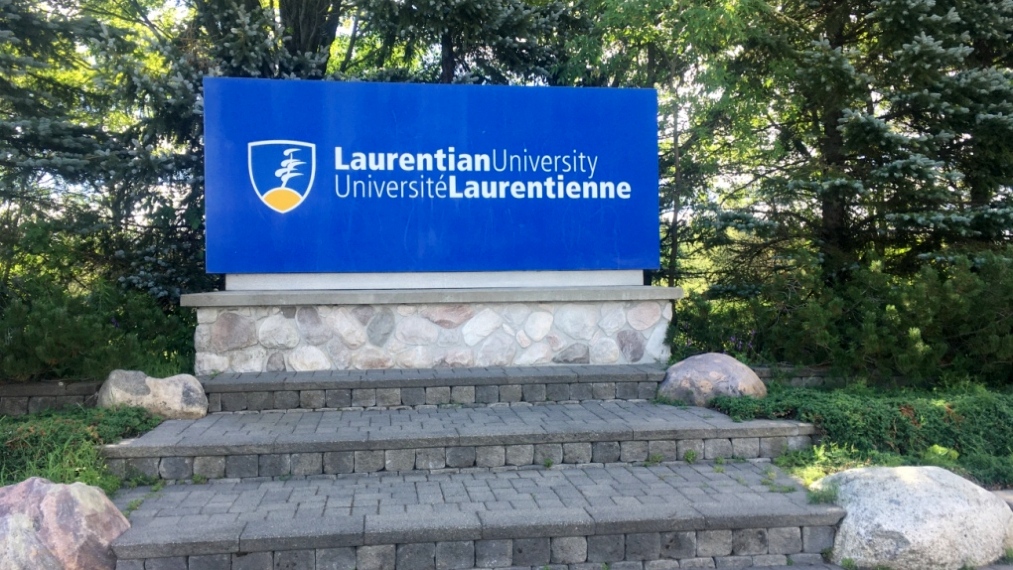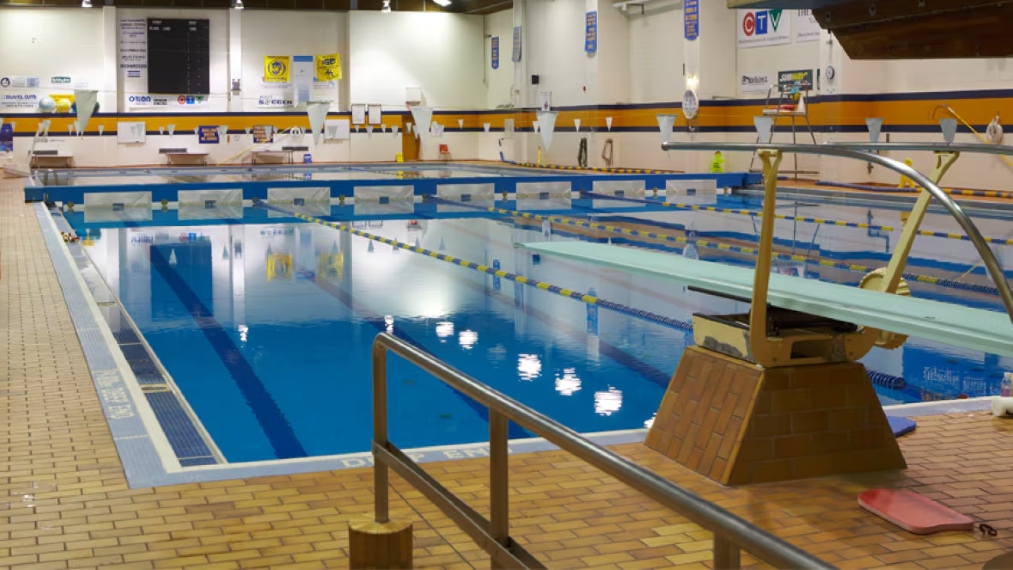The Laurentian University Board of Governors approved a budget of just over $201.7 million for the 2024-2025 fiscal year on Friday. The school predicts a small surplus of $500,000 in just its second budget following the end of its insolvency, with projected revenues of $201.7 million and expenses of $201.2 million.

The school says it will also set aside $8 million to implement recommendations to bring the university up to modern operating standards following its insolvency.
The $8 million operational upgrade costs include $7.2 million in operating expenses and $800,000 in capital expenses for the 2024-2025 year, and include the salary of a lead transformation officer the university has yet to hire to lead the process alongside with money for information technology upgrades.
This comes after a cybersecurity incident at Laurentian earlier this year.
The money set aside will be used to respond to 52 recommendations from the provincial auditor general and Nous Group consultants, will be segregated and will not form part of the school’s operating budget, and includes additional money for information technology upgrades.
However, transforming the school’s operations may cost even more than the $8 million figure according to budget documents. Projected financials for costs for the first year of implementation of the transformation that will begin next month are $8.8 to $13.6 million.
Laurentian approved its operational transformation plan last year, one of the school’s legal requirements following its 2022 exit from creditor protection under the Companies’ Creditors Arrangement Act (CCAA).
Sylvie Lafontaine, Laurentian’s vice president of finance and administration, said money for the transformation will be closely monitored on a monthly basis.
The university’s new president, Lynn Wells, called the money a crucial investment.

“We need to see this work not only as required by the government but as critical to our future,” he said during the board of governors meeting.
“By going through this transformation, by modernizing our processes, we will be much better positioned to invest in our academic programs, hire more faculty, support more research, and better support our students.”
However, not everyone agrees with the costs associated with the transformation.
Senate Representative Dan Scott, who was not at the meeting, sent a statement that read in part:
“While I recognize that we need to expand and review these systems, board members must recognize that this is a significant opportunity cost to increasing the quality and quantity of the programs we offer.”
In the statement, Scott also asked the board to closely monitor this budget and try to stick to the lowest estimate.
“Prevent it from being triggered for the sake of our responsibility as a publicly funded educational institution,” he said.
“I think Laurentian is in a unique position as we invest in our transformation, invest in supporting our strategic plan and our priorities and begin to provide that experience to our students and researchers,” Lafontaine said.
Lafontaine called the budget “solid” and “necessary” for the university’s future.
The school has been on something of a hiring spree following its emergence from insolvency, as many employees chose to resign during the process in addition to jobs that were eliminated as part of the CCAA.
The university expects to increase its workforce by the equivalent of more than 64 full-time positions next year, including about 34 FTE in academic positions, more than 16 FTE in academic support, and about 13 FTE in administration.
“We need to address those critical operational and staffing needs,” Lafontaine said.
For the 2023-2024 school year that ends April 30, the university has projected a surplus of $8.2 million.
Audited financial statements that show how the university will actually present itself at a future meeting, usually in mid-fall.
The full 60-page budget document can be found on the school’s website. website.
History of the insolvency of Laurentian and the CCAA
The university filed for bankruptcy in February 2021; the first public postsecondary institution to choose federal legislation aimed at restructuring commercial businesses in a financial crisis, the Business Creditors Arrangement Act.

As a result of the restructuring, 69 undergraduate and graduate programs and 195 positions at Laurentian were eliminated.
In November 2022, the university emerged from insolvency and has been seeking to rebuild.
Last year, the federal government introduced legalization to prevent post-secondary institutions from using the CCAA process in the future.
Although Laurentian emerged from insolvency in 2022, it still has ongoing costs related to the CCAA process.
The 2024-2025 budget includes insolvency restructuring costs of $500,000, related expenses for Laurentian’s attorneys, the monitor and its legal representatives, the independent counsel for the board of governors, along with fees and expenses related to ongoing administration and implementation of the school’s approved plan. of arrangement.
Additionally, most of the creditors listed in the CCAA case have not yet been paid. The creditors fund will be funded through the sale of certain real estate assets to the province for up to $53.5 million.
According to the 2024-2025 plan budget documents “(Laurentian) expects to complete the sale of some of these assets” this year.
The future of the Olympic pool Jeno Tihanyi
He Budget 2024-2045 shows the school will spend $8.5 million on deferred maintenance, but no new funding was included for the Jeno Tihanyi Olympic pool.

The future of the aquatic facility remains unclear.
The pool was closed in the spring of 2020 as a result of the COVID-19 pandemic and during the CCAA process, the university discovered leaks in the facility.
The pool has never reopened.
Last year, the school set aside $300,000 to evaluate it and present a final report to the board in the fall.
Lafontaine said the university was looking at the minimum cost to reopen it, but there is no timeline for that to happen.
University officials said there is no hope for Laurentian to operate the pool independently because it simply cannot afford to do so.
“We need to work with our community partners,” said President Wells.
“We need to find solutions that provide funding to reopen the pool as quickly as possible through other means, rather than committing our operating dollars or our scarce deferred maintenance dollars.”
Registration numbers, registration fees
Many postsecondary institutions are experiencing significant impacts to their enrollment as a result of the The federal government’s decision to cut permits for international students. and similar limits imposed by the provincial government.

Laurentian University expects a minor impact on its numbers as a result of the situation, predicting an increase in domestic enrollment of around 275 FTE students with a decrease of just 150 FTE international students, as the majority of the school’s international students They are at the graduate level.
Graduate students were not affected by the cuts to international student permits.
Laurentian is also limited by a The freeze on national registrations throughout the province will last until 2027 – with three exceptions for students in programs where tuition was lower than similar programs at other universities.
The province will allow Laurentian to increase tuition for students entering the computer science undergraduate program by three per cent and those entering the engineering undergraduate program and architecture graduate program by 7.75 per cent. cent next year.
Additionally, international tuition rates, along with out-of-province domestic tuition rates, will increase by three per cent over the next school year.
